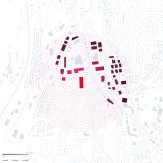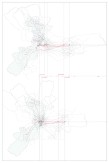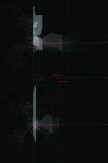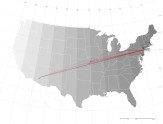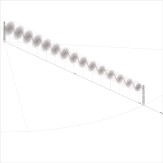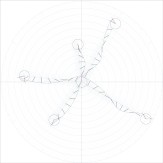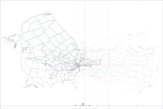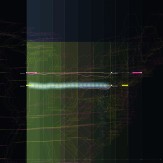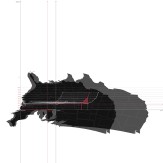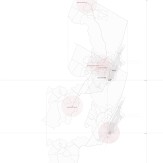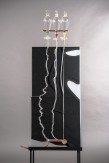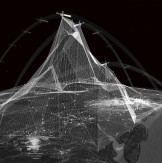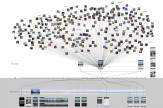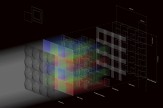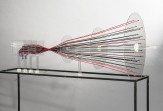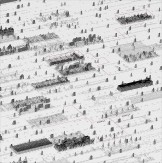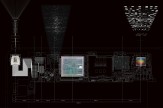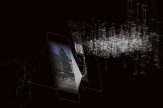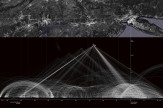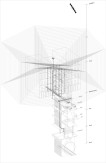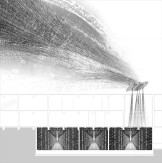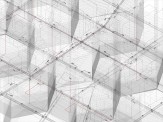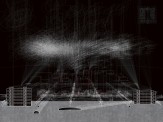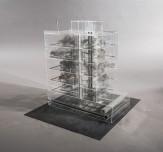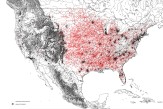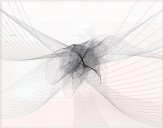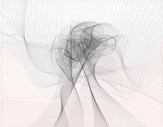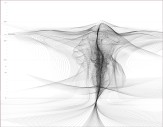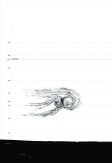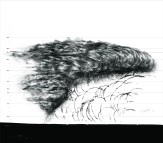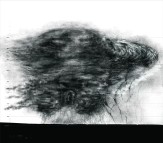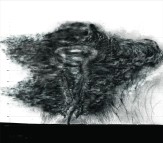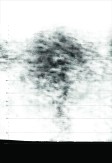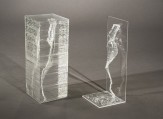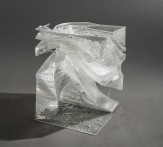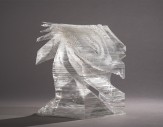Master of Architecture II Summer 2015

GRADUATE THESIS
Professor Diana Agrest
Instructor Yael Agmon
The Critical Moment: Process as Production
This exhibition presents the work of the 2015-16 Master of Architecture II Graduate Design Studio, focusing on Thesis projects but presenting a selection of work from the entire academic year. The projects represent an approach that, without prescribed boundaries, challenges the established limits of architecture through critical and visionary responses to contemporary issues, while simultaneously critically re-thinking architectural discourse itself. Rather than a short-term problem solving approach, the studio emphasizes research as an integral part of the design process, making process itself the essential operational realm within which potential transformations can be discovered and revealed.
Prior to the development of the Thesis project, the fall semester Advanced Design Research Studio focused on the urban environment of Manhattan as the determining factor of architecture. The work researched means to transform the structure and organization of the city by activating latent ecological conditions through innovative means of representation in the physical, cultural, and technological context. The studio proposed a rezoning of New York City in relation to environmental forces, considering space as environment.
Nature was the subject of the studio in the spring semester, from the philosophical and scientific discourses that have explained it throughout history to the present. A different dimension of time and scale was the object of this exploration, through drawings and models that – developed through the eyes and tools of the architect – focused on the materiality and forces of natural phenomena that took billions or millions of years to develop and thousands of years for transformations to be perceptible, until the most recent past, where processes of transformation have accelerated.
Thesis
The Thesis work represents individual explorations into issues critical to architectural and urban discourse at the present time, without pre-established disciplinary or spatial boundaries. The projects address a myriad of critical issues affecting architectural practice and theory today, ranging from urban theory to the present condition of globalization and the continual emergence of new scientific developments and technologies. Drawing and other representational media are emphasized as essential tools for thought in the process of exploration and transformation, not just as presentation techniques.
Thesis subjects include The City through Film: The Virtual and the Real, Hide and Seek: Surveillance in Manhattan, The Cosmic Order – Gyeongbokgung Palace, Algae as Habitat, Performative Space: Echoes in Pompeii, Ephemeral Domesticity for a Transient Culture, Accessible Housing, Istanbul through Dante’s Inferno, and Geopolitical Space: Meridians and Time Lines.
The exhibition illuminates the students’ yearlong productive research using texts, photography, drawing, film, technology, science, and history to develop innovative programs while expanding the limits of architectural discourse through configurations and narratives that bring forth potential solutions that may not be obvious.
- Professor Diana Agrest, FAIA
< Back to Selected Graduate Design Studio Projects
VIEW INDIVIDUAL PROJECTS BELOW
Projects
-

A Game of Space and Time in the Financial Markets
-
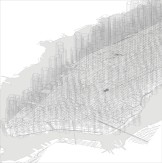
Data Pollution The Case of Union Square, Manhattan, NY
-

Tornadogenesis and Landscape Between Natural Disaster and Artificial Human Settlement Indiana, United States
Back
A Game of Space and Time in the Financial Markets
Nan Lei
This project attempts to rethink the relationship between space and time in our contemporary world.
There is a fundamental principle in Einstein’s Theory of Relativity: nothing can travel beyond the speed of the light. In other words, the transmission of information between two spaces cannot happen instantly, as the latency of time should be taken into consideration.
The latency of time in this contemporary notion of space-time cannot usually be perceived in our daily life. However, it has a tremendous influence on the stock market. Because there is no possibility of eliminating time latency in financial transactions, the question of modes of obtaining the highest speed and the lowest time latency becomes a primary issue for traders. This thesis focuses on high frequency trading, revealing that the transactions in the virtual network system are intimately related to physical space and time. In taking a close look at this system it becomes apparent that high frequency traders make use of low time latency in their stock exchanges through the specific relationship of time and space, benefiting from extraordinary profits at the expense regular stock buyers. In trying to counter this mode of operation, the strategies to avoid this kind of high frequency trading and build up a fair stock market are, by necessity, based on specific relations between time and space.
Data Pollution The Case of Union Square, Manhattan, NY
Jaebong Jeon
This thesis explores the relationship between the city and the data that circulates within it, in terms of human communication. Through the analysis of Instagram, a new type of social networking platform aimed at photo-sharing, the exploration focuses on the mode in which the view of the city is transformed by a process in which the image of urban space is pixilated by the cameras in mobile devices.
While the data seems to "wander" in the city in an invisible cloud, it is made possible through a hidden physical infrastructure that translates it into images; a process that repeats itself constantly as people share their own experience of a place.
Even though the "floating" data provides people with a mode of instant communication and useful information, the overflow of unwanted data is a source of unnecessary stress and a waste of energy. This thesis proposes the creation of a data shelter; an ideal "data-clean" building.
Tornadogenesis and Landscape Between Natural Disaster and Artificial Human Settlement Indiana, United States
Hsing-O Chiang
Tornadoes, natural phenomena that produce extreme forces, occur mostly in the Great Plains of the United States. Approximately 20,000 cities in the United States and a population of 45,461,286 in the Great Plains are potentially threatened by tornadoes.
Understanding the forces at play in the formation of tornadoes – their paths, speeds and the conditions that favor them – is the first part of this Thesis. The exploration of modes by which tornadoes can be weakened or enhanced through the exclusive use of natural elements, such as sharp topography and surface roughness – and rethinking what role of architects and architecture could be to protect cities – are essential issues in this project.

